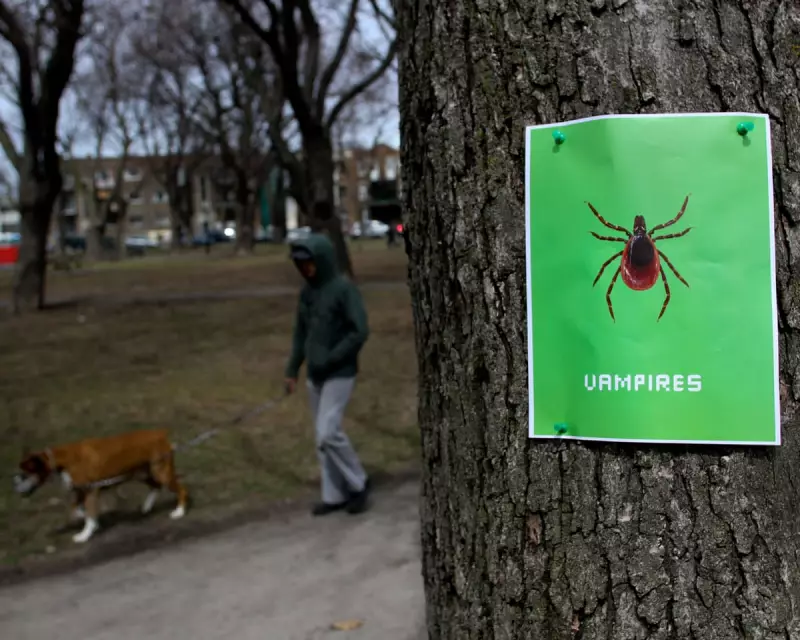
A damning investigation has uncovered what patients and experts are calling a "systemic failure" in the NHS's approach to Myalgic Encephalomyelitis (ME), commonly known as chronic fatigue syndrome. Thousands of sufferers across the UK are being left without proper diagnosis, treatment, or support, creating what one patient described as "a living nightmare."
The human cost of medical neglect
Patients with ME/CFS report being dismissed, misdiagnosed, or simply abandoned by a healthcare system that should be helping them. Many wait years for a proper diagnosis, while others are told their symptoms are "all in their head" or offered treatments that can actually worsen their condition.
One patient shared: "I've been housebound for three years, but my GP didn't even know what ME was. I had to diagnose myself through online research."
Why the NHS is failing ME patients
The crisis stems from multiple factors that have created a perfect storm of inadequate care:
- Lack of specialist knowledge among GPs and healthcare professionals
- Insufficient funding for ME/CFS services and research
- Outdated treatment guidelines that some experts say can be harmful
- Post-pandemic surge in cases, overwhelming already stretched services
The post-pandemic timebomb
With Long Covid sharing many similarities with ME/CFS, the number of people experiencing chronic fatigue symptoms has skyrocketed. Yet the NHS remains woefully unprepared to handle this growing patient population.
"We're seeing a tidal wave of new cases, but the system hasn't adapted," explained one specialist clinician who wished to remain anonymous. "Patients are falling through enormous gaps in care."
What needs to change
Medical professionals and patient advocacy groups are calling for urgent reforms:
- Proper training for GPs in recognising and managing ME/CFS
- Increased funding for specialist services across the UK
- Updated treatment guidelines based on latest research
- Better support for severely affected patients who are housebound or bedbound
The Department of Health and Social Care has acknowledged the need for improvement but patients say action cannot come soon enough. For the thousands suffering in silence, every day without proper care represents another day of preventable suffering.





